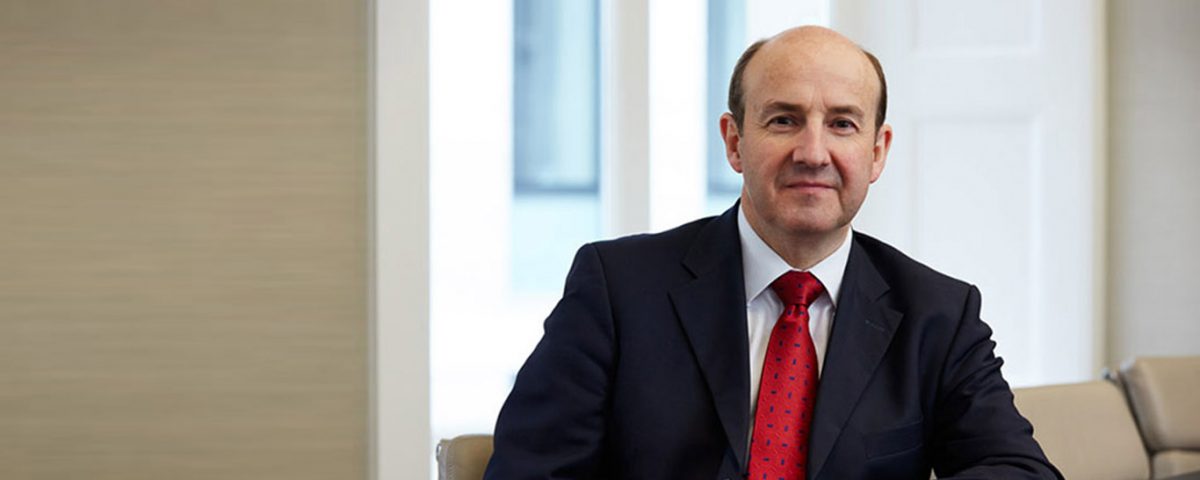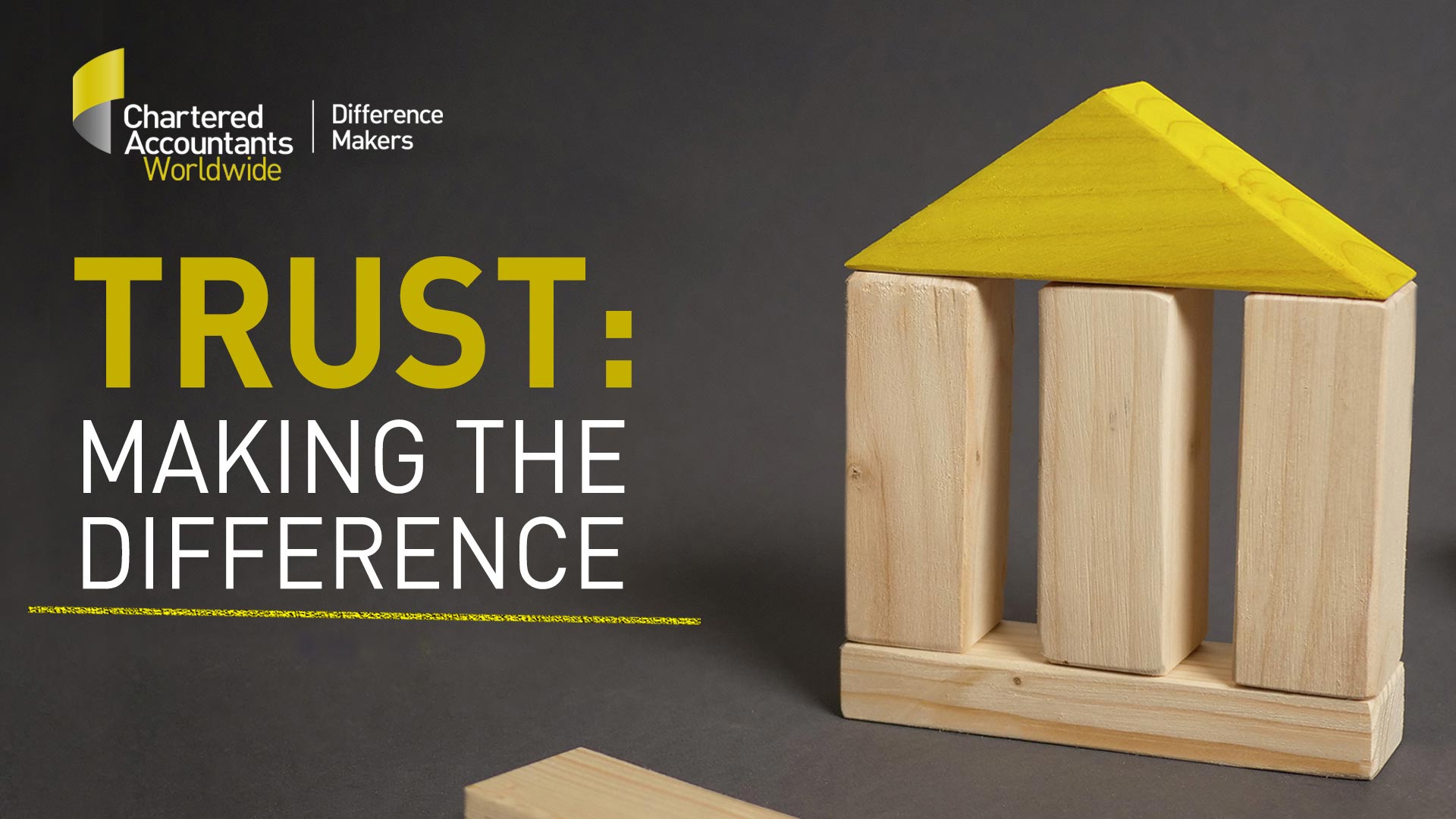The process of defining audit and ethical standards is under the spotlight, with major reform being considered. It’s important we make our views known, ICAEW chief executive Michael Izza says.
The issue of who sets auditing and ethical standards for the accountancy profession and who pays for them and the undue influence that may or may not be gained in doing so has been with us for almost as long as we have had the standard-setting boards at IFAC (the International Federation of Accountants). We at ICAEW have been of the view for around five years now that some of the concerns, whether well founded or not, need to be debated and, if they are found to have merit, acted upon. Nothing has happened though in recent years that would have led to pressure in the system slowly building up a head of steam, until the Monitoring Group issued a consultation document in early November.
This group, whose membership comprises the International Organisation of Securities Commissions, the Basel Committee on Banking Supervision, the European Commission, the Financial Stability Board, the International Association of Insurance Supervisors and the World Bank Group, was set up in 2005 to advance the public interest in international audit standard setting and audit quality. Until recently, it worked closely with IFAC with the aim of restoring confidence in the responsiveness of standard-setting by IFAC’s independent boards to the public interest. However, it says, questions about the independence of the standard-setting process and whether the outcome meets the public interest remit persuaded it to set up a working party to consider options for reforming the governance process. The consultation document and its 27 questions about the future of auditing and ethical standard setting is the result.
“We envisage key reforms to enhance the public interest responsiveness of audit standards in order to promote the quality of audits,” Monitoring Group chair Gerben Everts said at the consultation’s launch. “Removing audit-related standard-setting activities from the profession and entering into a multi-stakeholder, geographically representative and independent governance structure would address concerns vis-à-vis the independence of standard-setting.”
Now you may be reading this and thinking “I am not an auditor anymore so this isn’t really of interest to me”, but be warned: the changes being proposed have the potential to affect your life whether you are an auditor, a preparer, management or involved in governance. For example, the consultation paper asks about the merits of setting up a new audit and ethics combined standards board for audit. This would be established outside the existing IFAC structures and possibly on a similar basis to the model that is currently used for financial reporting.
I am presuming by now that what I am saying has put you on enquiry. Auditing standards developed for public interest entities to apply to all audits? Ethics for auditors? But aren’t ethics at the heart of everything we do as chartered accountants, and not just auditing? Then, of course, additional auditor requirements can always be added at a national level. You can see that this consultation starts to have important implications for how the profession goes forward.
As regular readers of this column or my blog will know, I believe the biggest issue facing the profession – and indeed society – at the moment is technology and technological change, so having standards that reflect the way business is conducted and audit is carried out is going to be of fundamental importance. Whether this is the time to change a proven standard setter to establish another one is for the consultation to decide. And then, inevitably, we come to the old chestnut of who gets to pay. Currently, funding from the profession and the Forum of Firms (the independent association of international networks of firms that perform transnational audits) has led outside observers to say that money buys influence. The desire in the consultation is that we move to a multipolar model. I think most informed commentators would agree that this is certainly the desired endpoint but whether we can get there within a reasonable timeframe is yet to be determined.
The consultation closes on 9 February. The monitoring group would like to hear from a wide range of interested parties. We would welcome any members who have views feeding them into our response. If you send them to chief.executive@icaew.com we will make sure they are fed into our thinking.













